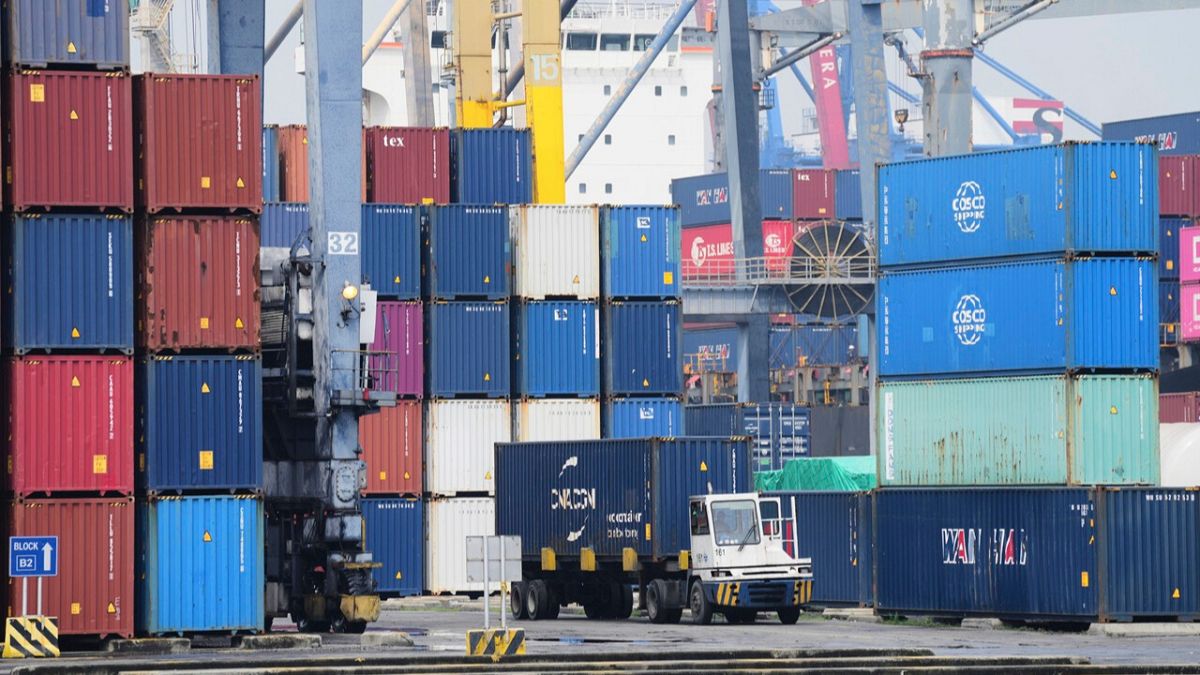

The recent announcement by US President Donald Trump to impose a 30% tariff on goods imported from the European Union has drawn significant global attention. Leaders from the EU and Mexico have openly expressed their disappointment with the decision, emphasizing the importance of maintaining open channels for negotiation while preparing for potential responses.
President Trump’s decision, set to take effect on August 1, 2025, has been met with a blend of concern and readiness among European leaders. Ursula von der Leyen, President of the European Commission, highlighted the EU’s commitment to protect its interests, stating that the bloc is prepared to undertake “necessary steps,” which include proportionate countermeasures if negotiations do not resolve the current disputes. This stance underscores the EU’s dual approach of seeking dialogue while planning to retaliate if required.
Mexican President Claudia Sheinbaum joined the chorus of voices calling for unity and mutual respect in international trade relations. She reiterated Mexico’s openness to dialogue, thereby aligning with the EU’s diplomatic tone. Both leaders stressed the potential impact these tariffs could have on international relations and global trade stability, urging the US administration to consider alternatives that promote cooperation rather than division.
Canada has also been monitoring the unfolding situation carefully. The Canadian government, in response to President Trump’s tariff measures, has chosen a more restrained approach by pausing any immediate tariff threats. A recent letter from the US President to the Canadian Prime Minister extended the negotiation deadline to August 1, suggesting a window of opportunity for diplomacy to prevent escalation in trade tensions across North America.
This complex international landscape highlights the intertwining nature of global trade relations and the importance of multi-faceted dialogue that takes into account the diverse interests of all involved parties. Leaders across the world are keenly aware of the potential ripple effects that such trade measures can have on their economies and are calling for balanced and equitable solutions.
As the deadline approaches, the international community remains focused on resolving these trade disputes through constructive discussions. Ensuring that the channels for dialogue remain open and welcoming can help mitigate misunderstandings and foster harmonious economic interactions. In this spirit, global leaders continue to advocate for strategies that align short-term actions with long-term global economic sustainability.
For now, all eyes are on the forthcoming talks and potential negotiations that could set a new course for international trade policies and practices. Both policy-makers and business leaders alike hold a shared interest in achieving resolutions that safeguard economic growth and reinforce partnerships across continents.
Source: {link}
